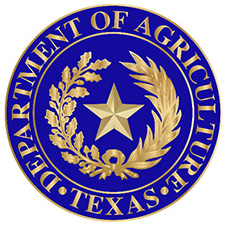Ransomware attacks, including JBS, to be topic at U.S.-Russia summit
The United States is “looking closely” at whether to retaliate against Russian President Vladimir Putin for the ransomware attack on meatpacker JBS, said President Biden on Wednesday. The White House said all options for action were on the table and that Biden would raise the issue directly with Putin when the leaders meet in Geneva later this month.
Shield farmers from higher taxes for Biden projects, says House ag chair
The Biden administration could “impose a significant financial burden” on farm families with its proposal for stricter application of capital gains taxes, said House Agriculture chairman David Scott on Wednesday. Scott also said any increase in estate taxes “for those taking over farmland is untenable.”
Climate change boosts risks to crops from pests
Plant diseases and invasive insects take a huge toll — up to 40 percent — on global crop production, with annual losses worth nearly $300 billion. Climate change could make that worse by opening up new areas to plant pests, according to a scientific review released on Wednesday.
Today’s Quick Hits
New Tyson chief: Donnie King, chief operating officer of Tyson Foods, was elevated to chief executive as the immediate replacement for Dean Banks, who left the company for personal reasons after 10 months as CEO. (Tyson Foods)
Covid farm fraud: A federal judge sentenced a Miami couple to prison for filing fraudulent applications for more than $1.1 million in coronavirus aid with claims that they employed four dozen workers on “farms” that were actually residential homes. (Justice Department)
Fried announces run: State agriculture commissioner Nikki Fried, the only Democrat holding statewide office in Florida, is running for governor, hoping to unseat incumbent Ron DeSantis, a Republican. (WFLA-TV)
Palmer amaranth in Iowa: The fast-growing weed with a fearsome reputation for choking crops, first discovered in Iowa in 2013, is likely to become a permanent part of the state’s plant life as it adapts to the midwestern climate, says weed specialist Bob Hartzler. (Iowa State University)











